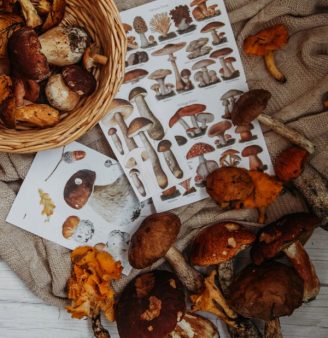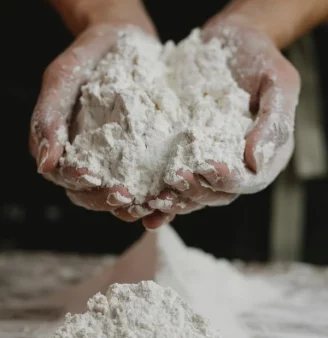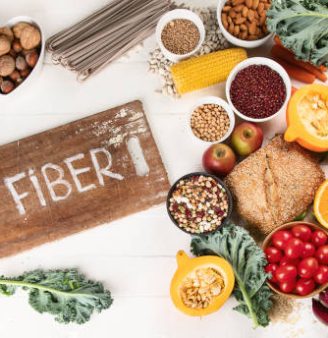
Do you ever read the ingredients label on your bread? If you don’t, it might be imperative for your health to start right now.
If you’ve ever seen the ingredients label on most generic baked goods, you may notice a suspiciously long list of ingredients, half of which seem almost impossible to pronounce.
It’s, unfortunately, an all too common thing, especially in American grocery stores, where food is allowed to have heaps of additives and preservatives, some of which are known to be unhealthy for long-term human consumption.
One additive that is known to be toxic, but is still generally present in one of the most common food staples in the human diet is known as Potassium bromate.
What is Potassium Bromate?
Potassium bromate is an additive that is commonly found in many packaged baked goods such as bread, pastries, and other processed foods. Considered to be a carcinogenic additive for over 30 years, potassium bromate is most commonly used to increase the volume of baked goods made with white flour in order to save money on ingredients.
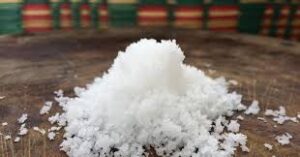
First patented for use in baked goods in 1914, potassium bromate has been banned in countless countries around the world and has been linked to the development of thyroid problems in humans and cancer in laboratory mice. One of the only countries that still allow this controversial chemical into its food is the United States.
The U.S. Food and Drug Administration has allowed potassium bromate to remain in baked goods as long as it follows specific guidelines. So for approximately every 800 cups of flour, 1 teaspoon of potassium bromate is allowed to be mixed into a batch. That may seem like very little, but in reality, it adds up in long-term consumption.
The main concern with potassium bromate, and why it’s been banned in so many countries is due to the effects it has on laboratory animals. First found to have induced tumors in rats in the early 1980s, the FDA has only encouraged bakers to stop voluntarily using it in their baked goods instead of outright banning it. In the 1990s potassium bromate began to be banned in countries including the United Kingdom and Canada.
California did take measures into its own hands in 1991, declaring potassium bromate a carcinogen under the state’s Proposition 65, which requires businesses to distribute warning labels about exposure to chemicals that are known to cause cancer, birth defects, or other forms of reproductive harm. Because this is objectively a bad look for business, many bakers in California have made the switch over to bromate-free flour.
How To Avoid Potassium Bromate
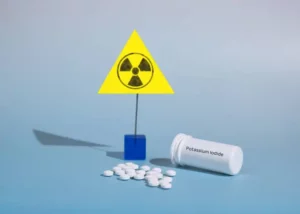
The first thing is to always check the label. If the label is lengthy, that’s already a huge red flag. Look out especially for “potassium bromate” or “bromated flour.” Once you see that, it’s time to look for another brand of baked goods.
Some brands that do not use bromated flour include Sola, Dave’s Killer Bread, and Arnold’s.
Another option, if you’re up for the challenge, is to make your own bread at home. This way, you have total control over what ingredients are going into your bread, and plus you get to pick up a new creative hobby. There are plenty of resources in books and online to help you with recipes and techniques for making your perfect, bromate-free bread.
Potassium Bromate or bromated flour is still allowed in baked goods throughout the US today, so to avoid this potentially harmful additive, consume baked goods at your own risk.
Your biggest safeguard against potassium bromate is going to be your own discretion, as well as your baking skills if you’re committed enough!

